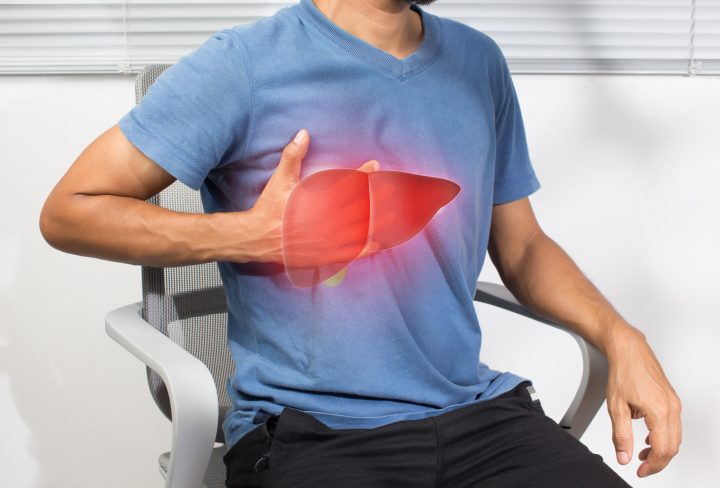Introduction
Fatty liver disease is a common health problem today. It happens when extra fat builds up in the liver. Many people do not know they have it, as early signs of fatty liver disease can be mild or hard to notice. However, knowing about fatty liver symptoms and causes of fatty liver can help you take care of your health.
What Is Fatty Liver Disease?
Fatty liver disease means there is too much fat in your liver cells. Normally, the liver helps clean your blood and break down food. But, when fat builds up, the liver cannot work as well. Over time, this can lead to liver damage. There are two main types of fatty liver disease. The first is non-alcoholic fatty liver disease (NAFLD), which is not linked to drinking alcohol. The second is alcoholic fatty liver disease, which is caused by drinking too much alcohol.
Causes of Fatty Liver Disease
Several things can cause fatty liver disease. Some people are more at risk than others. Here are the most common causes:
Because these causes are common, it is important to watch your lifestyle and health habits.
Symptoms of Fatty Liver Disease
Often, fatty liver disease has no symptoms at first. Still, as the condition gets worse, you may notice some signs. Watch for these fatty liver symptoms:
If you notice any of these early signs of fatty liver disease, it is wise to talk to your doctor.
When to See a Doctor
Sometimes, fatty liver disease can get worse and cause serious problems. Therefore, you should see a doctor if you:
Early treatment can help prevent liver damage. So, do not wait if you have any warning signs.
Reliable Sources
According to the World Health Organization (WHO), fatty liver disease is rising worldwide. The Centers for Disease Control and Prevention (CDC) also notes that obesity and diabetes are major risk factors. Studies in medical journals show that early signs of fatty liver disease can be managed with healthy changes. For more information, visit the WHO and CDC websites.
Conclusion & Call-to-Action
In summary, fatty liver disease is common but often silent. Knowing the causes and symptoms can help you act early. If you notice any signs or have risk factors, consult your doctor. They can guide you on the best steps for your liver health.

